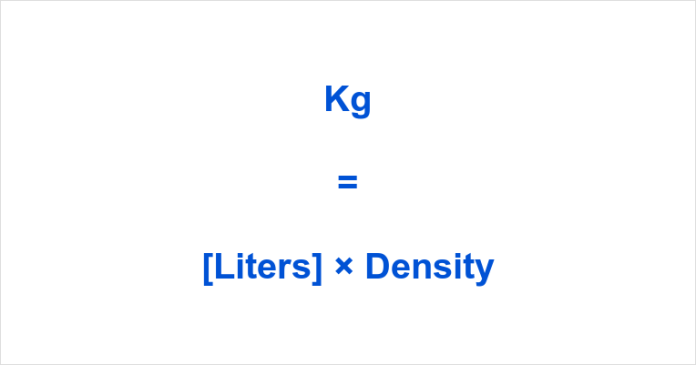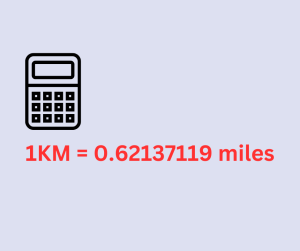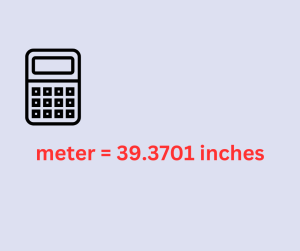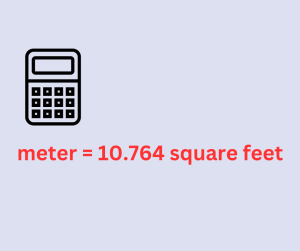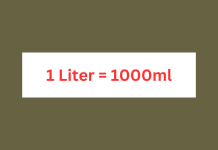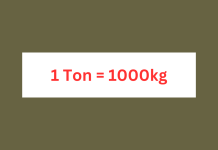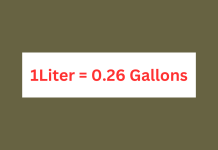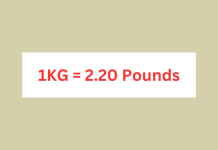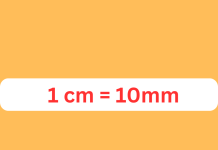Liter to Kilogram Converter
In the realm of measurements and units, liters and kilograms are two fundamental entities that play a crucial role in our daily lives. Whether you’re cooking in the kitchen, filling up your car’s gas tank, or studying scientific principles, understanding the relationship between liters and kilograms is essential. In this article, we’ll delve into what liters and kilograms are, explore their connection, and learn how to convert liters to kilograms with practical examples.
What is a Liter?
A liter (L) is a unit of volume in the metric system and is widely used for measuring liquids. It is equivalent to one cubic decimeter, or the volume occupied by a cube with sides of 10 centimeters. The liter is commonly employed to measure quantities of beverages, cooking ingredients, and other fluids.
What is a Kilogram?
On the other hand, a kilogram (kg) is a unit of mass in the metric system and is the base unit of mass in the International System of Units (SI). The International Bureau of Weights and Measures in France defines one kilogram as the mass of the International Prototype of the Kilogram, a platinum-iridium alloy cylinder kept at their facility. People frequently use kilograms to measure the mass of objects, ingredients in recipes, and more.
The Relationship Between Liter and Kilogram
The density of a substance links liters, which measure volume, and kilograms, which measure mass. We define density as mass per unit volume, often denoted by the Greek letter ρ (rho).
The formula for density is:
Density (ρ)=Mass / Volume
To relate liters and kilograms, we can use the density formula. If we know the density of a substance, we can convert between liters and kilograms. The key is to remember that density is the factor connecting mass and volume.
Related Blogs
How to Convert Liters to Kilograms
The conversion from liters to kilograms involves multiplying the volume in liters by the density of the substance. The formula for this conversion is:
Mass (kg)=Volume (L)×Density (kg/L)
Let’s illustrate this with an example:
Example: Converting Liters to Kilograms
Suppose we have 5 liters of olive oil, and the density of olive oil is 0.92 kg/L. To find the mass in kilograms, we use the formula:
Mass (kg)=5 L×0.92 kg/ Mass (kg)=4.6 kg Therefore, 5 liters of olive oil have a mass of 4.6 kilograms.
Also Read: Kilometer to miles convert online calculator
Conclusion:
Understanding the relationship between liters and kilograms is essential for various practical applications. By grasping the concept of density and employing the conversion formula, we can seamlessly convert volumes in liters to masses in kilograms. Whether you’re dealing with cooking recipes, scientific experiments, or everyday measurements, this knowledge enhances your ability to work with these fundamental units effectively.
Frequently Asked Questions (FAQ’s)
Ans: 1 Liter is equal to 1 Kg.
Ans: Mass (kg)=Volume (L)×Density (kg/L)


















